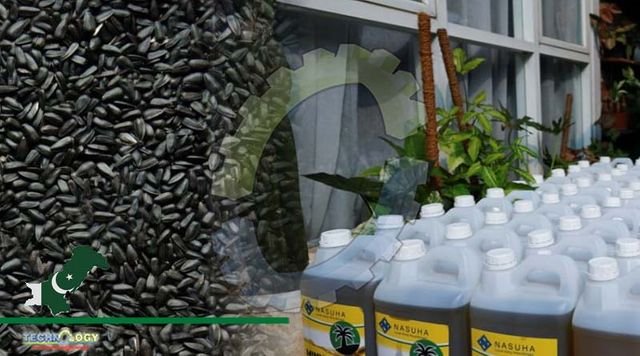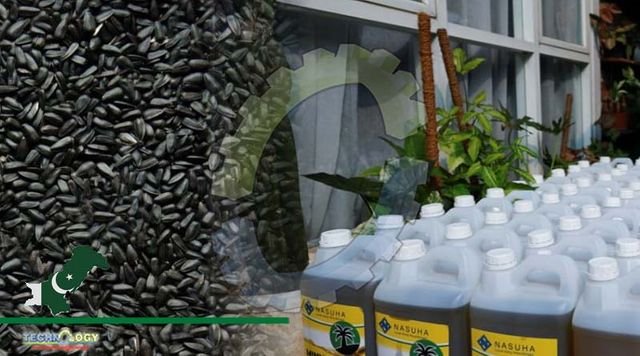The National Oilseed Policy has set a lofty goal of making the country self-sufficient in edible oils (60 percent of total requirement) by 2033-34.

Under the National Oilseed Policy implementation plan, the government has proposed a 20 percent customs duty and regulatory duty on the import of edible oils and oilseeds. According to sources, the new taxation proposals are outlined in the new National Oilseed Policy.
The National Oilseed Policy has set a lofty goal of making the country self-sufficient in edible oils (60 percent of total requirement) by 2033-34.
In monetary terms, there would be a $7.668 billion substitution. When compared to our current financial crises, this is a massive sum. Bold decisions and firm commitments are required to meet these targets. Under the implementation plan, the following prerequisites of the National Oilseed Policy have been finalised:
Profitable Intervention Price (PIP): The announcement of a Profitable Intervention Price (PIP) for sunflower, canola/rapeseed, mustard, and sesame that is equal to I-1/2 times the cost of production of these crops in order to encourage growers.
(ii) Regulatory Duty (RD):The government has already imposed RDs on imports of wheat, sugar, and maize to protect local growers. Quota restrictions or other non-tariff measures to protect local oilseed growers may not be supported as they will increase the prices of ghee and cooking oils, affecting consumers and not generating revenue for target subsidies.
Provision of Financial Resources for National Oilseed Policy: Cess rates on imported edible oils, which are currently Rs50 per tonne and 10% of the custom duty on import of oilseeds (Cess on edible oils was imposed in 1994 and on oilseeds in 2000), may be increased to Rs1,000 per tonne and 20% of the custom duty, respectively. Cessfund will hold approximately Rs5.5 billion per year.
The balance of the cessfund with the Federal Board of Revenue (FBR) may also be transferred to the POD’s cessfund. After the transfer of cessfund from the FBR and re-appropriation of NOEP funds, approximately Rs15 billion would be available.
The new policy also defines the role of the Pakistan Oilseed Department (POD) in the implementation of the National Oilseed Policy; the POD will be responsible for coordinating with provincial and federal departments to orchestrate all activities/actions mentioned in the implementation plan for the implementation of the National Oilseed Policy through provinces. With the POD’s current exhausted structure, this would be a very difficult task to complete.
